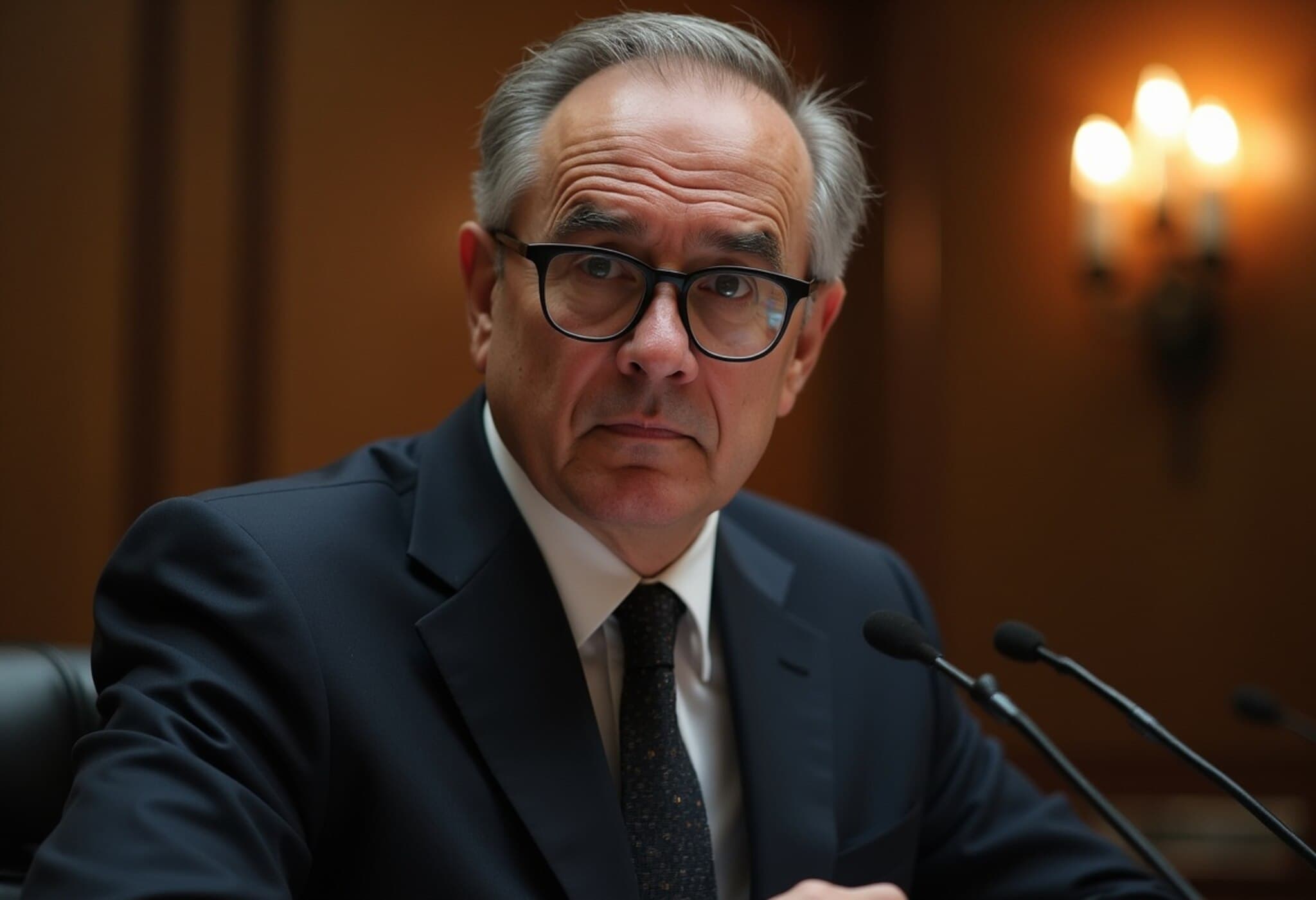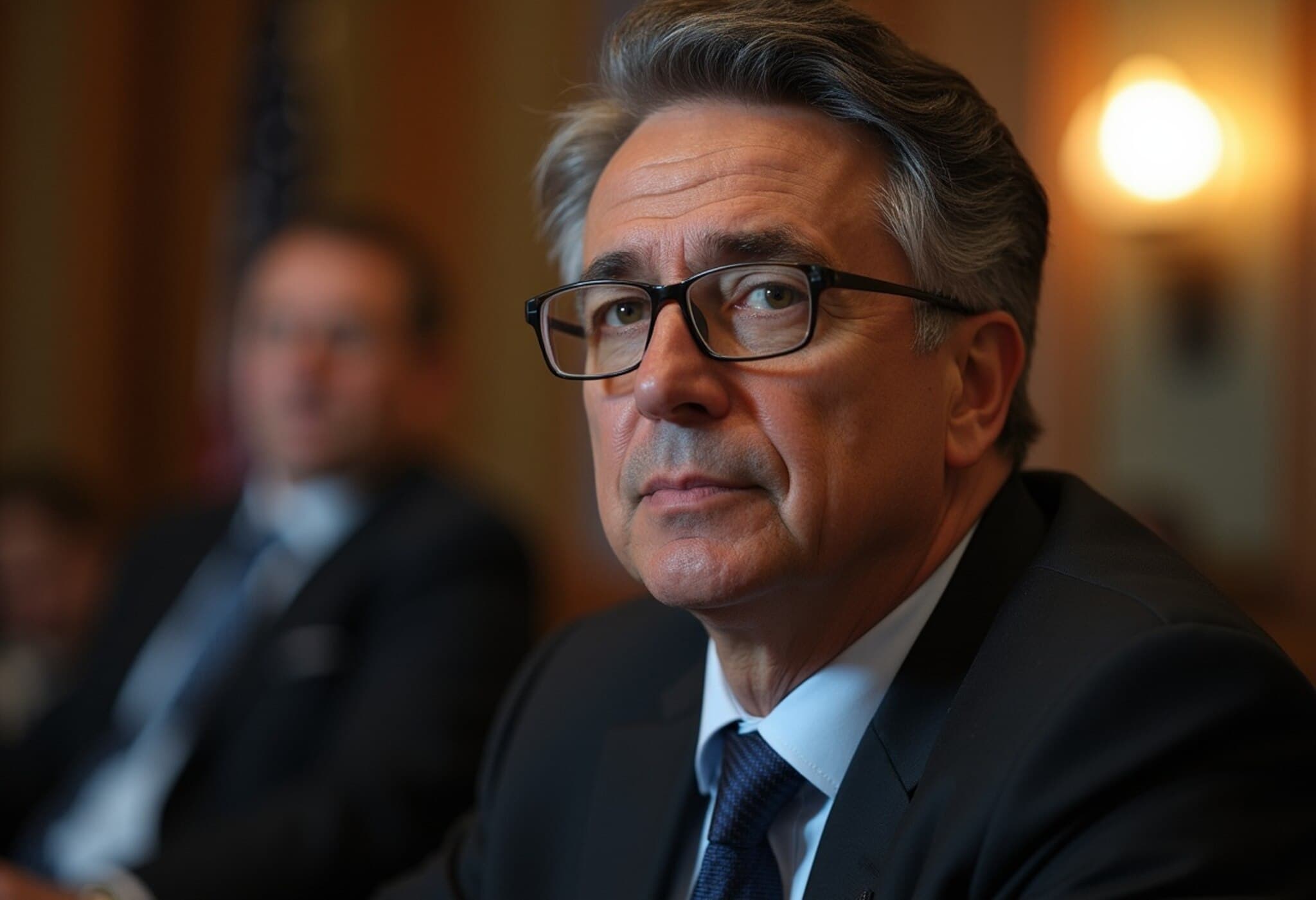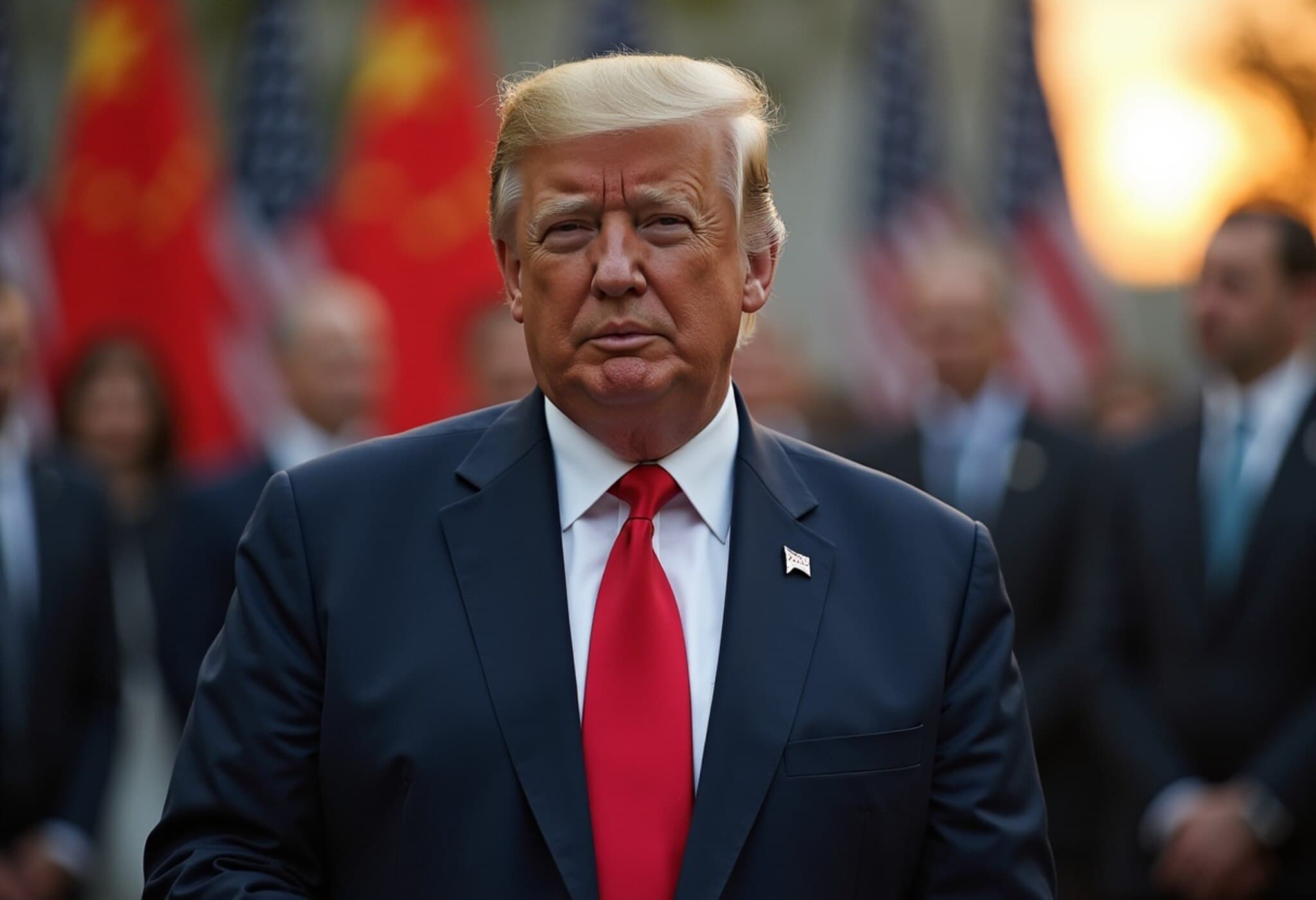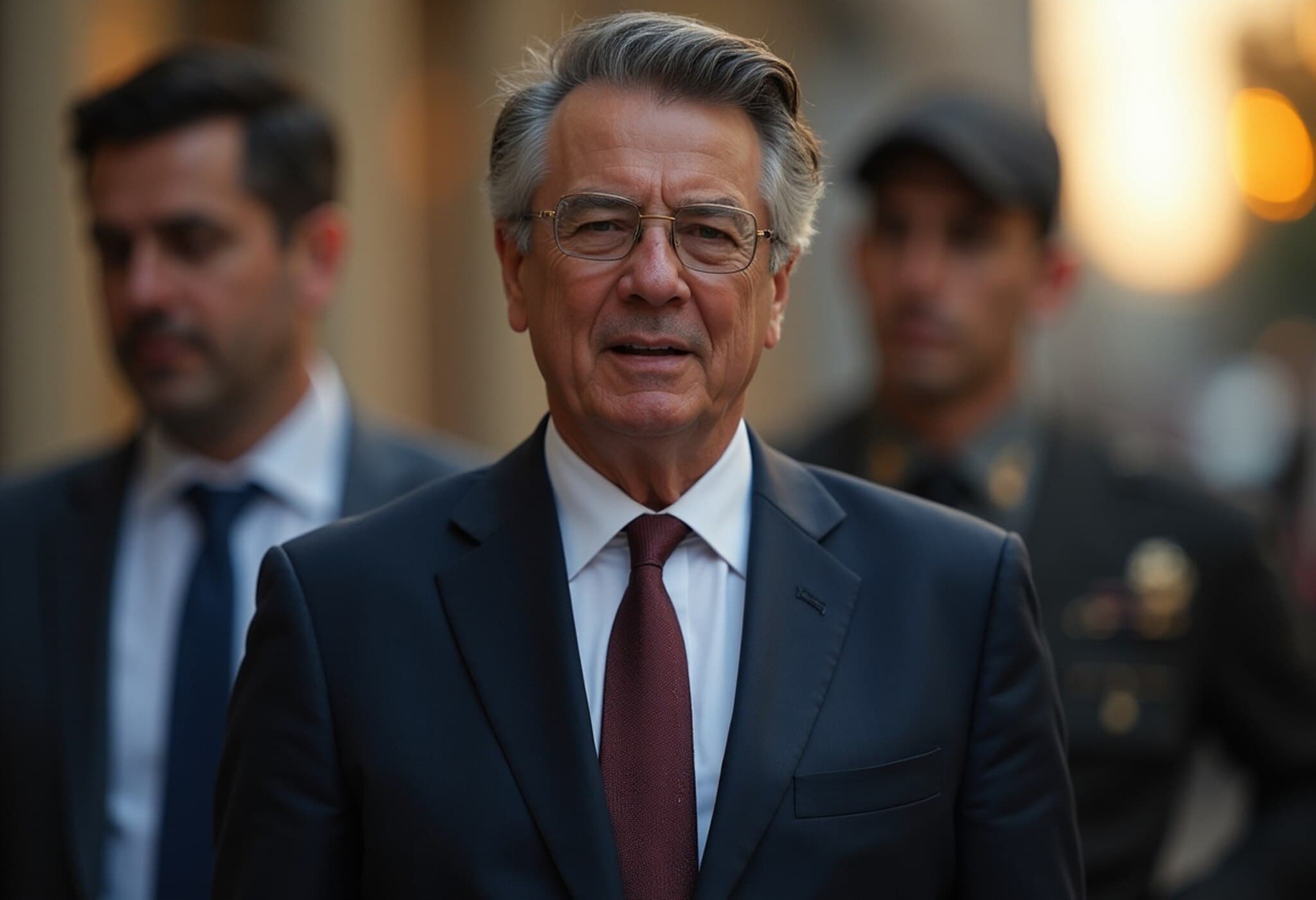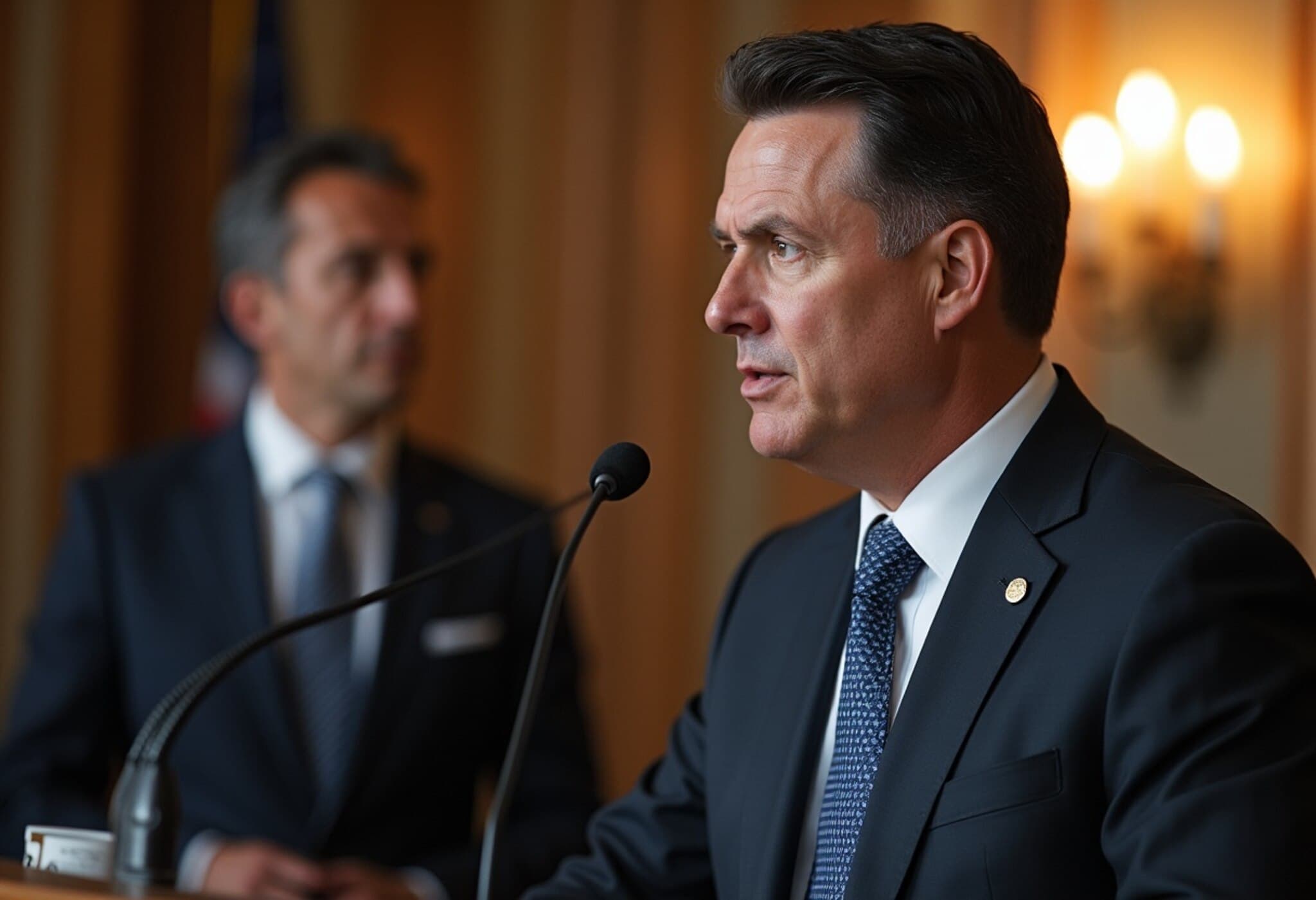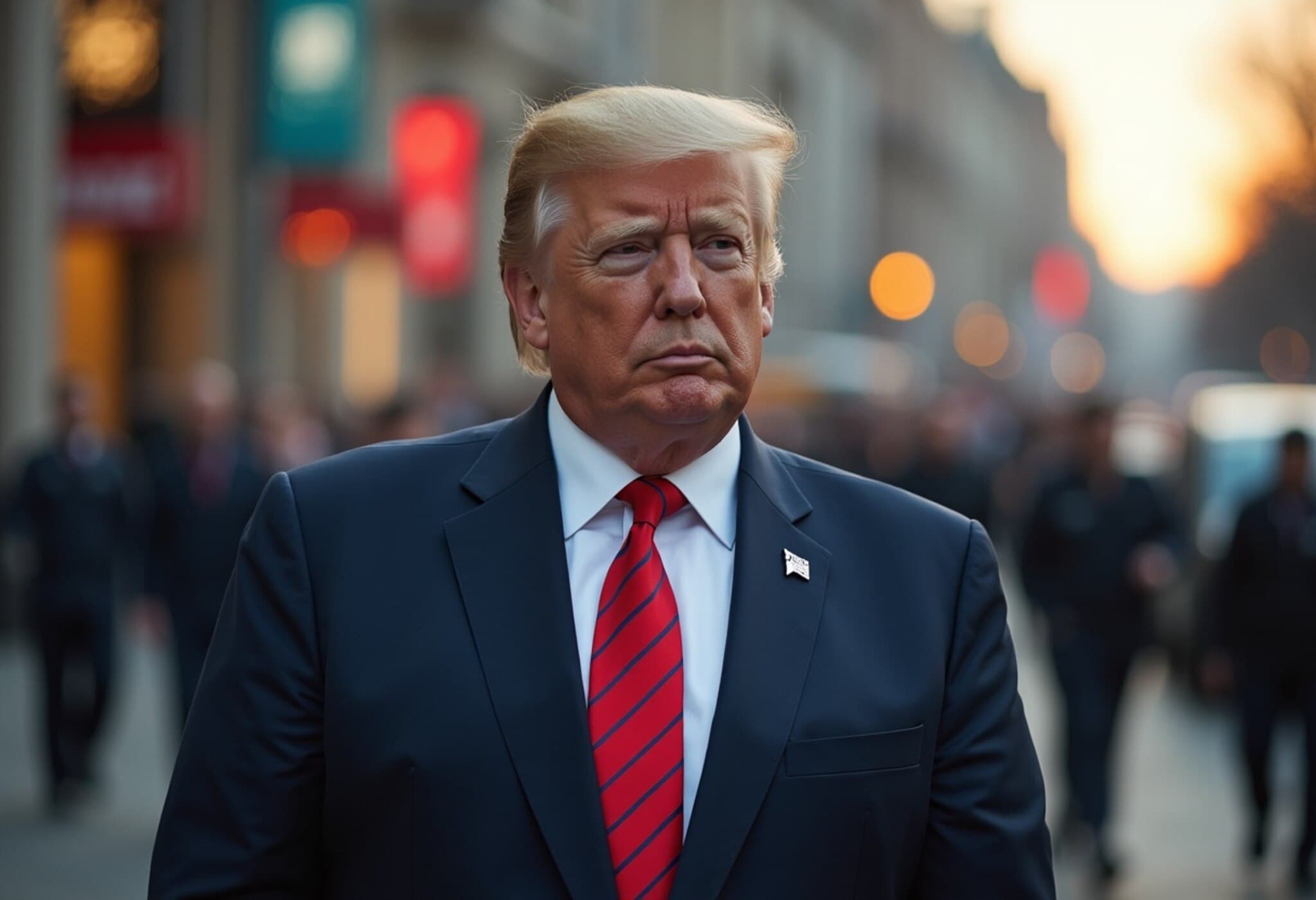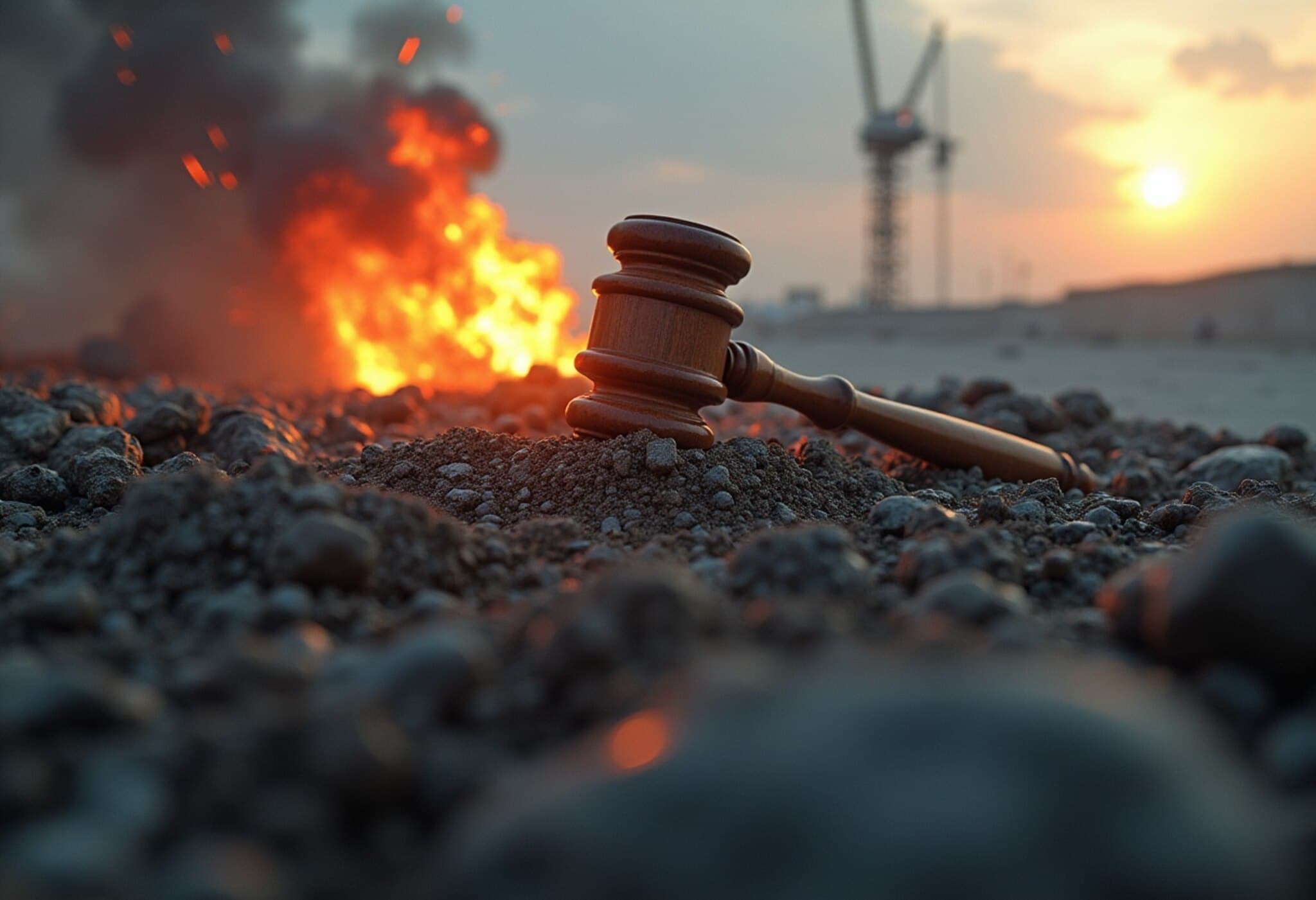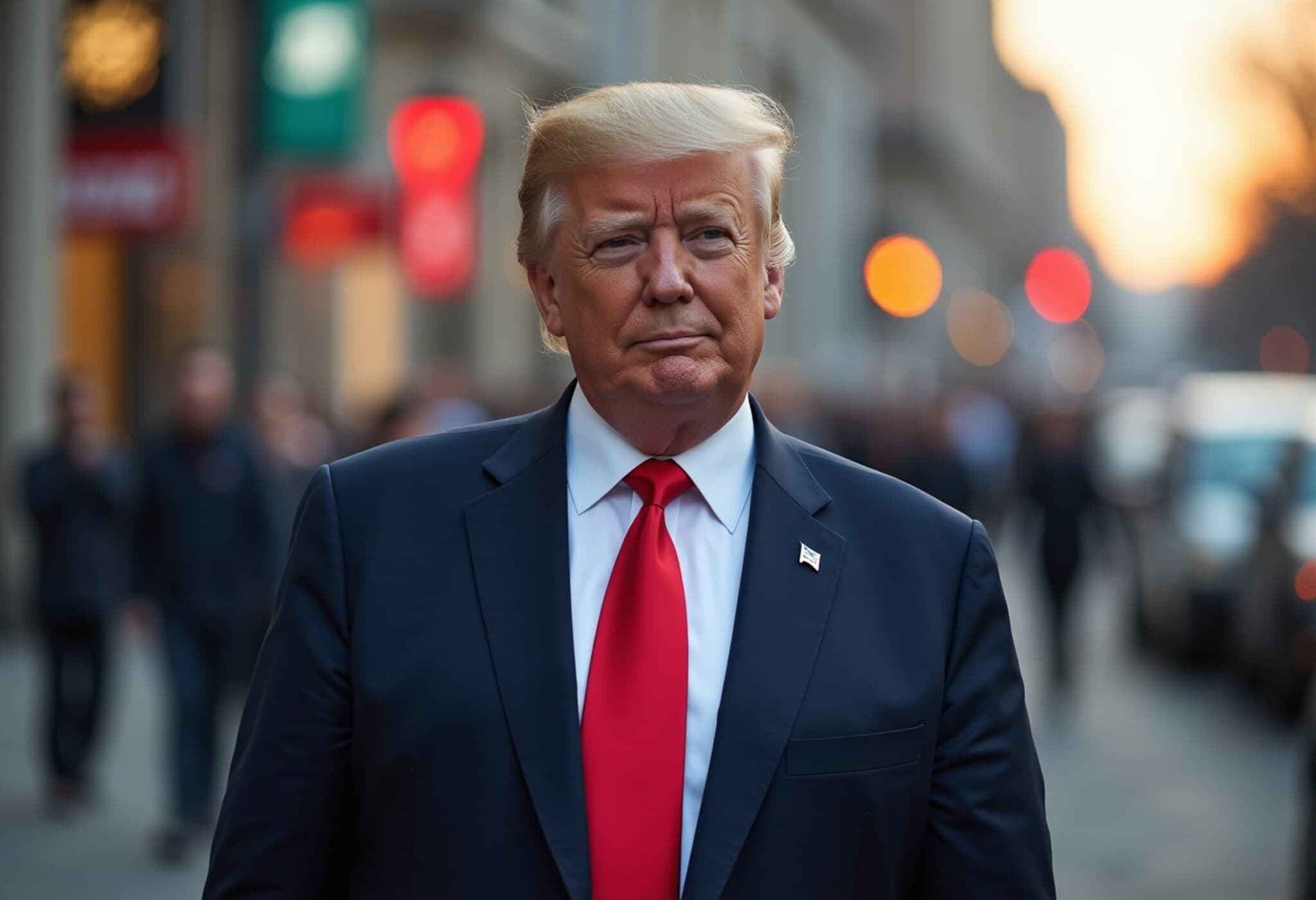Brazil's Supreme Court Justice Alexandre de Moraes Rejects US Sanctions
In a bold statement underscoring judicial independence, Brazil’s Supreme Court Justice Alexandre de Moraes reaffirmed his commitment to overseeing the high-profile trial of former President Jair Bolsonaro, despite recent sanctions imposed by the United States. The sanctions effectively bar Moraes from accessing the American financial system, a decisive but unprecedented move that has drawn significant international attention.
Sanctions Against Moraes: A Rare Diplomatic Escalation
The U.S. Treasury’s decision to sanction Moraes came in the wake of his management of a criminal investigation targeting Jair Bolsonaro and his inner circle. The charges revolve around alleged attempts to stage a coup following Bolsonaro’s defeat in the 2022 presidential election, a violent episode that shook Brazil’s democratic foundations. Washington accused Moraes of authorizing arbitrary pretrial detentions and curbing freedom of expression, allegations that the judge firmly rejects.
Judge Moraes’ Firm Response: Upholding the Rule of Law
Addressing a court session on Friday, Moraes conveyed a resolute message: he will "ignore the sanctions" and continue his judicial duties undeterred. "The Federal Supreme Court will remain the guardian of the Constitution," Moraes affirmed, emphasizing the court’s unwavering role in delivering justice to the Brazilian people for the alleged coup attempt. He framed the sanctions as an external pressure reminiscent of the very threats to democracy his court seeks to prevent.
Contextualizing the Charges Against Bolsonaro
Bolsonaro, a former army captain and close ally of former U.S. President Donald Trump, faces accusations of plotting to overthrow Brazil’s democratic electoral result. The case draws parallels to investigations surrounding Trump’s actions after the 2020 U.S. presidential election, highlighting a global trend of political figures challenging electoral legitimacy through controversial means.
- Charges: Alleged coup plotting and incitement related to 2022 election unrest
- Political Backdrop: Bolsonaro’s rhetoric and supporters’ storming of government buildings
- Legal Process: Ongoing trial slated to conclude by end of 2025
Geopolitical Implications: US-Brazil Relations on Edge
The sanctions coincide with a U.S. executive order applying a 50% tariff on Brazilian goods, a move that some analysts interpret as linked to Brazil’s domestic political turbulence. Congressman Eduardo Bolsonaro, Jair Bolsonaro’s son and staunch defender, has criticized these measures as economically damaging and politically motivated. He describes them as an attempt to destabilize Brazil — claims that have sparked debates about sovereign judicial processes versus international interference.
From a broader policy perspective, this episode raises critical questions about the balance between international diplomacy and respecting the autonomy of judicial institutions in sovereign states. For the U.S., maintaining leverage over allies while promoting democratic norms can sometimes spark contentious confrontations, as illustrated by this unfolding saga.
Expert Commentary: Navigating Democracy, Sovereignty, and International Law
Political analysts note that this saga is emblematic of rising global tensions where domestic legal proceedings intersect with international political interests. Brazil’s judiciary, often perceived as a stabilizing institution in the country’s volatile politics, is now at the heart of an international dispute that tests the boundaries of law and diplomacy.
Legal expert Dr. Mariana Silva from the University of Sao Paulo remarks, "The judiciary’s independence is crucial to democracy, but when foreign sanctions come into play, it challenges not only national sovereignty but also the perception of fairness and impartiality in judicial processes."
Looking Ahead: What This Means for Brazil and Beyond
Judge Moraes’s vow to continue the trial despite external sanctions sets a precedent that underscores judicial resilience but also amplifies tensions between Brazil and the United States. With the trial’s expected conclusion looming before 2026, the outcome will likely have significant consequences for Brazil’s political landscape and its relations with international partners.
For readers and policymakers alike, this story invites reflection on how democratic institutions respond when judicial processes become entangled in geopolitical power plays—a dynamic increasingly relevant worldwide.
Editor’s Note:
Judge Alexandre de Moraes’s defiance of US sanctions in overseeing the Bolsonaro coup trial signals a complex interplay between judicial authority and international politics. As Brazil navigates this fraught period, the case highlights pressing questions about sovereignty, the role of foreign influence in domestic legal affairs, and the global rise of challenges to democratic norms. Observers should watch closely how this case shapes future international responses to judicial independence in emerging and established democracies alike.

